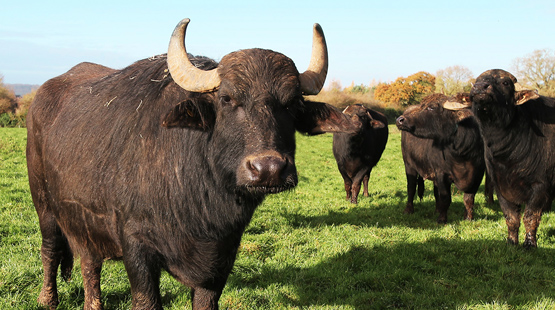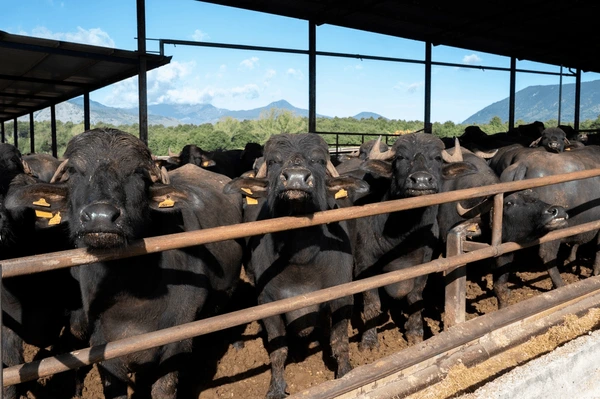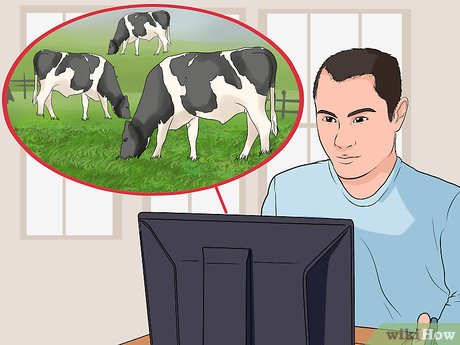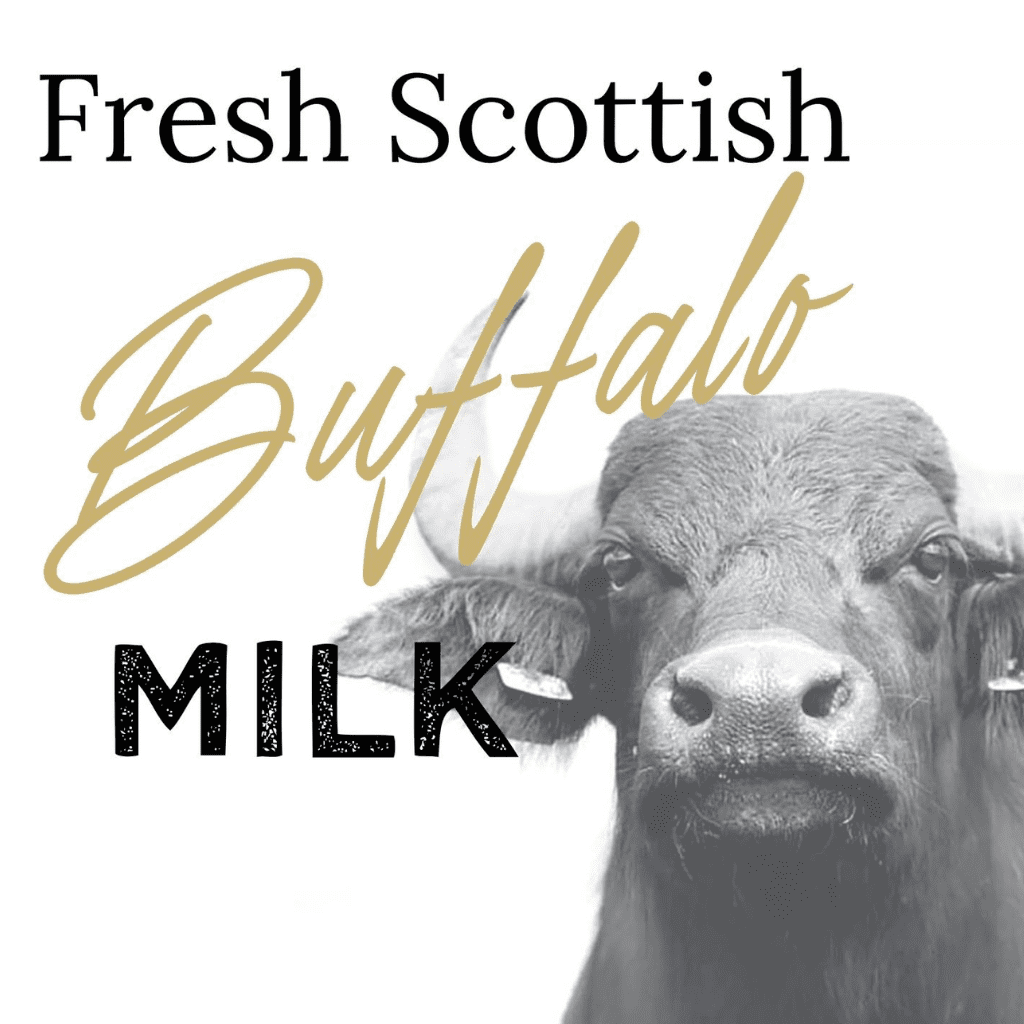The Rise of Buffalo Dairy Farming in the UK
Introduction to UK Buffalo Dairying
Buffalo dairy farming in the UK has emerged as a thriving niche agricultural sector that combines traditional farming values with innovative dairy production techniques. While not as established as conventional dairy farming, British buffalo dairies have carved out a distinctive market position by producing premium, artisanal products that cater to increasingly sophisticated consumer tastes. These specialty farms, scattered from the lush pastures of Cornwall to the scenic landscapes of Fife, have developed successful business models centered around high-welfare standards, sustainable practices, and exceptional quality products that have gained recognition both nationally and internationally. The growth of this sector represents a fascinating development in UK agriculture, demonstrating how diversification and specialization can create viable farming enterprises even in challenging economic times.
The UK’s buffalo dairying sector focuses primarily on Mediterranean water buffalo (Bubalus bubalis), animals quite distinct from the African cape buffalo or American bison. These creatures have proven remarkably adaptable to the British climate, thriving in both the milder southwestern regions and the sometimes harsher Scottish conditions. What makes buffalo dairy farming in the UK particularly noteworthy is its commitment to artisanal production methods, with many processors continuing to use traditional hand-stretching techniques for mozzarella creation that preserve the authentic textures and flavors that have earned their products numerous awards and critical acclaim.

Historical Development
The story of buffalo dairy farming in the UK is relatively recent, with the industry only beginning to develop substantially in the early 2000s. The Buffalo Dairy in Cornwall traces its origins back to 2001 when it started with just three animals, which quickly grew to ten within the first month . Their first home-bred calf, named Genesis, provided the milk for their initial product developmenta simple buffalo milk ice cream that quickly found success and was soon being stocked by Waitrose stores across the UK by 2005 . It wasn’t until 2009 that they began experimenting with cheese production, initially creating a cheddar-style product before developing their award-winning hand-stretched mozzarella that has become their flagship product
Meanwhile, in Scotland, The Buffalo Farm began its journey in 2005 when sixth-generation farmer Steve Mitchell introduced a small herd of water buffalo to Clentrie Farm Mitchell, following in the footsteps of his ancestor Robert Mitchell who began farming in the early 1800s, wanted to pursue something “deliciously different” from Scotland’s already established quality beef producers . Starting with humble beginnings selling meat and burgers at local farmers markets, the enterprise grew to become a multi-award-winning butchery and eventually Scotland’s first buffalo mozzarella producer, now home to over 500 buffalo—the largest herd in Scotland .
Timeline of Key Developments in UK Buffalo Dairying
| Year | Development |
|---|---|
| 2001 | First buffaloes arrive at The Buffalo Dairy in Cornwall |
| 2005 | The Buffalo Farm established in Fife, Scotland |
| 2005 | Buffalo milk ice cream enters Waitrose stores |
| 2009 | The Buffalo Dairy begins cheese production |
| 2016 | The Buffalo Farm wins Best Meat Category at Scottish Food & Drink Excellence Awards |
| 2021 | The Buffalo Farm’s new dairy opens |
| 2024 | The Buffalo Farm undergoes restructuring |
Farming Practices
British buffalo dairying operations prioritize animal welfare and sustainable farming methods. At Higher Bologgas Farm in Cornwall, The Buffalo Dairy maintains a herd of predominantly Italian water buffalo from elite milking herds of Northern and Southern Italy . The animals graze on rich Cornish pastures overlooking Mount’s Bay, untreated by chemicals, and are fed little other than the grass beneath their feet except in winter when they consume conserved forage consisting of hay and silage . This pastoral system extends to all livestock on the farm, which helps maintain the local ecosystem through regenerative farming practices .
Similarly, The Buffalo Farm in Scotland emphasizes high welfare standards, allowing their animals to roam freely in lush green pastures . Their buffalo graze on the plentiful grass surrounding Clentrie Farm, which provides the key ingredient for their “deliciously different” range of products . Milking occurs twice daily in a state-of-the-art milking parlor, with the highly skilled cheesemakers transforming the rich creamy milk into award-winning cheese and ice cream within hours . This commitment to swift processing ensures optimal freshness and quality in the final products.
Despite generally high welfare standards, buffalo farming does present challenges and risks. In September 2024, The Buffalo Farm experienced a tragic incident where two pregnant water buffalo drowned in a muddy bog after dry weather turned water to a thick “soup”The rescue effort involving the Scottish Fire and Rescue Service managed to save four of the six stuck animals, but the incident highlighted the unpredictable challenges farmers can face despite their best efforts

Product Range
The product range from UK buffalo dairies has expanded significantly from the early days of simple ice cream and basic cheeses. The Buffalo Dairy in Cornwall now focuses primarily on their award-winning hand-stretched mozzarella under their Mount’s Bay Mozzarella brand, inspired by one of the best makers of the soft, stretchy cheese in Italy . Their porcelain white, silky smooth buffalo milk creates a superior mozzarella that has garnered rave reviews from customers, including Italians looking for a taste of their homeland . One satisfied customer noted: “One of the best mozzarellas I have ever tasted. The Buffalo Dairy have truly created a masterpiece”
The Buffalo Farm in Scotland produces a diverse range of buffalo products including meat, mozzarella (available as balls or pearls), and ice cream . Their awards include Best in Class at the Virtual Cheese Awards and Gold for their Mozzarella at the Scottish Retail Food & Drink Awards . They also offer a variety of multi-award-winning pies, steaks, meat packs, oven-ready meals, and more through their farm shop and butchery . Their buffalo meat offers health advantages over traditional beef, being lower in fat, calories and cholesterol while containing more protein .
Both operations have expanded their visitor experiences to include farm shops and culinary offerings. The Buffalo Farm features “The Bothy” café serving breakfast and lunch menus showcasing their award-winning meat products, plus outdoor seating at The Milk Bar . They also host events like their October Holiday Fun featuring pumpkin picking, pygmy goat playtime, and other activities . These diversified revenue streams have helped bolster the business models of both operations.
Challenges and Innovations
Despite their successes, UK buffalo farming enterprises have faced significant challenges. The Buffalo Farm experienced substantial difficulties leading to administration in March 2024, citing unsustainable debts caused by issues including Covid, soaring energy bills, TB, and the cost-of-living crisis . The company was bought back by founder Steve Mitchell in a “pre-pack” deal with help from an unnamed backer, securing 60 jobs and the 500-strong buffalo herd but leaving original Founders’ Club investors who had invested over £850,000 out of pocket . This development caused considerable frustration among investors, with one describing themselves as “left high and dry” .
In an emotional response to the situation, Mitchell expressed his devastation: “One of the proudest things I’ve ever achieved was creating that Founders’ Club and it absolutely does not sit comfortably with me where we are today” . Despite these challenges, the business continues to operate under the new name Buffalo Farm Produce, with Mitchell confirming that all orders would be honored and both the shop and Bothy would remain open .
Innovation has been crucial to the sector’s development. The Buffalo Farm has partnered with Grain & Sustain to offer over 90 refill products where customers can bring their containers, print a label, and fill only what they need . They’ve also launched a Local Good Cause Campaign through which they’re “committed to giving back through an innovative approach that supports as many local causes as possible” . These initiatives demonstrate how buffalo dairies are integrating sustainability and community engagement into their business models.
The Future of British Buffalo Dairying
The future of buffalo dairy farming in the UK appears promising despite the challenges faced by individual producers. Consumer demand for specialty and artisanal foods continues to grow, with buffalo mozzarella maintaining its status as a premium product valued by chefs and food enthusiasts alike. The sector’s commitment to high welfare standards, sustainable practices, and quality production aligns well with evolving consumer preferences toward ethically produced, traceable food products.
The potential for market expansion remains significant. As noted by The Buffalo Dairy, their mozzarella demand had “outgrown supply” by 2019, leading them to focus solely on this product . This suggests substantial room for growth both in terms of herd expansion and product development. The health benefits of buffalo products including lower fat, calories, and cholesterol compared to conventional dairy and meat products provide additional marketing opportunities as consumers become increasingly health-conscious .
Climate change adaptation may also play a role in the sector’s future. Water buffalo are remarkably adaptable animals that can thrive in various conditions, potentially making them increasingly suitable for changing British climates. Their ability to graze on marginal lands and convert grass efficiently into high-quality milk and meat positions them well as sustainable livestock options in the evolving agricultural landscape .
Conclusion
Buffalo dairy farming in the UK has transformed from a novel experiment into an established niche sector producing award-winning products that compete with traditional Italian imports. Through commitment to animal welfare, sustainable practices, and artisanal production methods, British buffalo dairies have created distinctive market positions that cater to discerning consumers seeking quality, authenticity, and ethical production. While challenges remain as evidenced by the financial restructuring at The Buffalo Farm the sector demonstrates remarkable resilience and adaptability.
The success stories of operations like The Buffalo Dairy in Cornwall and The Buffalo Farm in Scotland illustrate how agricultural innovation and diversification can create viable businesses that contribute to local economies while producing exceptional food products. As consumer tastes continue to evolve toward specialty and artisan foods, the future looks bright for UK buffalo farming. With its emphasis on quality over quantity, sustainability over intensive production, and tradition alongside innovation, the sector represents an inspiring dimension of contemporary British agriculture.

External Resources and Further Reading
For those interested in learning more about buffalo dairy farming in the UK, the following resources provide additional information:
- The Buffalo Dairy – Visit the website of Cornwall’s pioneering buffalo dairy to learn about their story and products.
- The Buffalo Farm – Explore Scotland’s largest buffalo farming operation, their products, and visitor experiences.
- BBC News: Farmer Devastated After Pregnant Water Buffalo Drown in Mud – Read about the challenges buffalo farmers can face.
- Water Buffalo Farming UK – A resource for those interested in starting their own buffalo farming operation.
- https://sjxsm.shop/future-of-commercial-dairy-farming-milk/
- The Scottish Farmer: Investor Fury as Buffalo Farm Goes Into Administration – Background on the financial challenges faced by one of the UK’s major buffalo farms.

